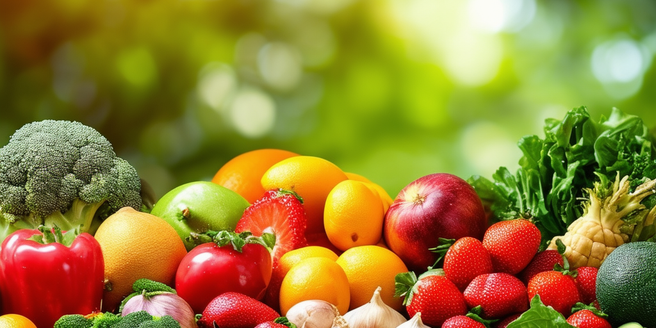
Understanding the Basics of Nutrition
Understanding nutrition is vital to healthy meal prepping. At the core, eating right contains a balance of protein, carbohydrates, and fats. Protein is critical for muscle growth and repair, while carbohydrates provide energy. It’s also essential to remember that not all carbohydrates are created equally; whole grains and fruits are better sources than refined sugars. Incorporating the right amount of these nutrients into our meals promotes optimal body function. Fats, although stigmatized, are necessary for absorption of vitamins and organ protection. Micronutrients like vitamins and minerals are also essential for overall health. A meal plan lacking in any of these will lead to deficiencies affecting not only your bodily functions but also your mental well-being.
Planning Your Meals and Recipes
Meal planning is a crucial step towards successful meal preparation involving the selection of enjoyment-yielding, health-promoting, and easy-to-assemble recipes, which can include both treasured and emerging dishes. An integral aspect of meal planning is choosing recipes that create larger portions, resulting in less daily cooking and allowing meal portions to be distributed throughout the week, thereby optimizing resources and enabling enjoyment of home-cooked food on hectic weekdays. Incorporating wide variety in your meal plan wards off monotony and ensures diversified nutrient intake, and a conscious inclusion of foods from all groups confirms receipt of all vital nutrients, contributing to overall health. Additionally, planning meals in advance promotes better control over portion sizes, a beneficial strategy for weight management, by curtailing overeating and supporting weight management. In conclusion, careful planning facilitates more controlled, healthier, and undoubtedly more delicious food intake.
Grocery Shopping: What to Look for
When grocery shopping, opt for whole, unprocessed foods like fresh fruits, vegetables, lean meats, whole grains, and legumes. Reading labels is a crucial part of shopping, providing information about the product’s nutritional value and contents, allowing you to avoid additives like added sugars, sodium, and unhealthy fats. Additionally, making bulk purchases of non-perishable items you frequently use or can consume before their expiry dates can result in significant savings. Prioritizing unprocessed foods, diligently reading labels, and intelligent bulk-buying contribute towards a healthy, economical, and waste-free grocery shopping experience.
Techniques for Quick and Nutritious Cooking
Learning swift and nutritious cooking methods like batch cooking and utilizing leftovers will make meal preparation easier and more enjoyable. Techniques such as roasting, grilling, sautéing and steaming amplify the tastes of ingredients while retaining essential nutrients, ensuring the food you consume is beneficial. Using spices and herbs in place of salt can additionally keep your sodium intake in check, and many offer health benefits due to their antioxidants.
Embracing the adventure of trying different cuisines can add excitement to your cooking. Unique combinations of ingredients and cooking techniques from different cultures expose you to exciting flavors. Not only will experimenting with diverse culinary traditions enhance your cooking passion, it also imparts a broader understanding and appreciation for international food cultures. So, don’t hesitate to introduce novelty into your meals by exploring different cuisines from around the globe.
Organizing and Storing Your Prepared Meals
Once your meals are prepared, they need to be properly stored to preserve freshness and avoid spoilage. Investing in quality containers can make a significant difference as they keep food fresh longer. These may include glass containers, which are better for the environment and often longer-lasting than their plastic counterparts. Divide the meals into individual portions using airtight containers. Label containers with the contents and date prepared. It’s also a good idea to include reheating instructions on the labels for further convenience. An organized fridge or freezer makes it easy to grab what you need. Ensure you rotate the meals, so the oldest ones are eaten first. This helps to prevent food waste and keeps your meals fresh and tasty.
